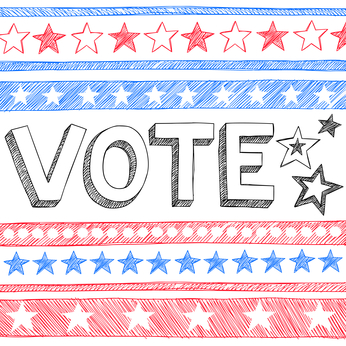
Robo Polls have had a bad press over the years – mostly from traditionalist pollsters whose unwieldy, costly methods are under threat from increasingly sophisticated technology. Old school campaign managers have gotten used to charging tens of thousands of dollars for conducting a single poll. Small wonder they’re not happy about IVR and cloud campaign tools that are capable of doing the same job in a fraction of the time, at a fraction of the price.
Studies have shown that, in terms of accuracy, election polls conducted using robo calls perform as well, if not better, than their manual counterparts. In November 2010, top statistician Nate Silver analyzed polling results from the final three weeks of that year’s election. The most accurate poll was the human-powered Quinnipiac University campaign – closely followed by the automated dialer of SurveyUSA, internet-based YouGov, and Public Policy Polling, a robo political polling outfit. Other manual pollsters fell way behind.
Mainstream media outlets continue to ignore IVR polls. And yet, Public Policy Polling, the only company to have released figures from both recent special elections, missed the final result of the New York 26th special election by just 2 points. As any politico polling expert will tell you, mid-cycle elections are notoriously difficult to poll. There’s simply too much ambiguity regarding turnout models, making it tough to design an effective voter screen. Public Policy Polling thwarted the expectations of mainstream media analysts regarding the efficiency of robo polling.
It was no one-off, either. In a poll of the California 36th special election, Pubilc Policy Polling missed the mark by just 1%. Compare that to live-call advocates ABC News, who are among the most disparaging organizations when it comes to automated polling. In fact, there is no comparison: ABC News didn’t poll those elections at all because it would have been far too expensive using their antiquated, personnel-heavy methodology. The robo pollsters did their work quickly and effectively, accurately predicting the outcomes of two special elections in the same cycle.
Just because corporate media ignores something, doesn’t mean it’s not a good idea. The fact is, robo polls present a threat to their entire way of doing business, and it’s in the interest of ABC News and other commercial broadcasters to denigrate the efficacy of affordable election tech that has been proven to work at least as well, if not better, than manual campaigns.